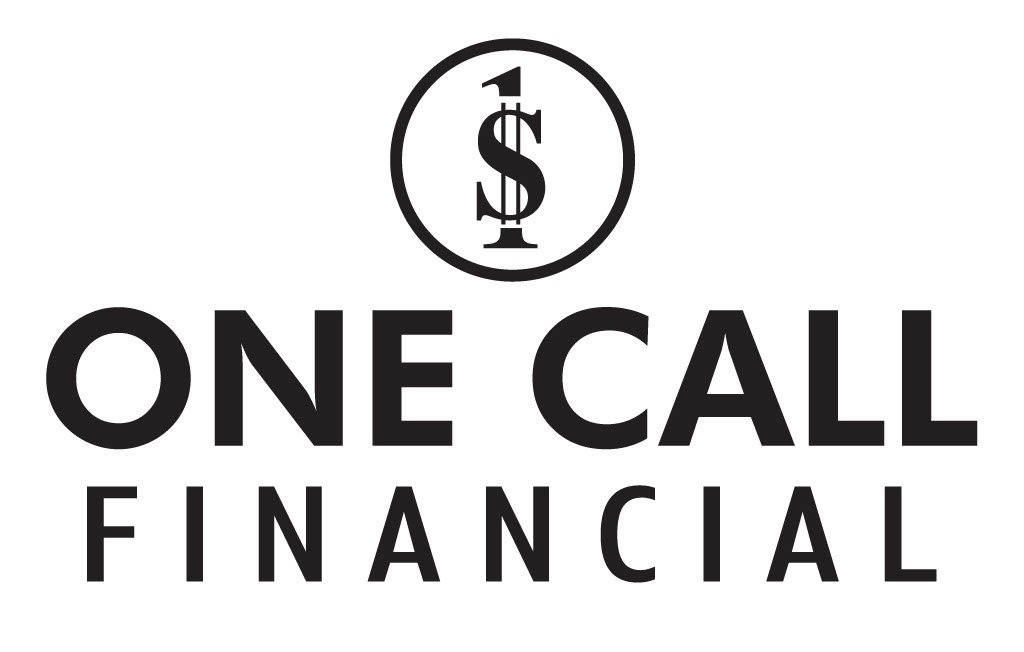One Big, Beautiful Bill…Simplified
Published: July 8th, 2025
Published by: One Call Financial - Wellington Accountant
The One Big Beautiful Bill Act — also known as the Big Beautiful Bill, or One Big Beautiful Bill (OBBB) — is back in the spotlight. The House of Representatives voted to approve the Senate’s version of the bill, and President Trump signed it into law on July 4, 2025, officially enacting a sweeping set of tax changes.
Here’s a breakdown of what’s in the Big Beautiful Tax Bill, how it could impact both individual taxpayers and small business owners, and what happens next.
What Is the One Big Beautiful Bill?
The One Big Beautiful Bill is a wide-ranging tax reform package spearheaded by House Republicans and aligned with President Trump’s continued efforts to extend and expand tax cuts. It builds upon the 2017 Tax Cuts and Jobs Act (TCJA) and introduces a variety of new provisions affecting individuals, families, and small business owners.
Did the Big Beautiful Bill Pass?
Update – July 4, 2025:
Yes. Both the House and Senate approved the final version of the bill, and it has now been signed into law. These new tax rules will apply starting with the 2025 tax year.
One Call Financial Has Your Back During Tax Reform
You don’t have to navigate these changes alone. One Call Financial is staying up to date with every development and is ready to help you understand what the new rules mean for your personal or business tax situation. Our tools and guidance are built to walk you through the filing process, ask the right questions, and help you claim every deduction and credit you’re entitled to.
2025 Tax Reform Highlights: What’s in the One Big Beautiful Bill?
Let’s go over the major changes, beginning with individuals and then moving on to small businesses.
For Individuals:
Extension of the TCJA Provisions
The bill extends key provisions of the 2017 Tax Cuts and Jobs Act, including:
Maintaining the doubled standard deduction
Preserving the updated tax brackets
Continuing the repeal of the personal exemption
Keeping various tax credits and deductions updated
These changes were set to expire after 2025, but the One Big Beautiful Bill locks them in for the foreseeable future.
Higher SALT Deduction Cap
The cap on the State and Local Tax (SALT) deduction increases to $40,000 for married couples earning up to $500,000 (with phase-outs above that level). For those above the threshold, the deduction reduces gradually, reverting to the original $10,000 cap at higher incomes.
This expanded cap is also indexed for inflation through 2029, but will revert back to $10,000 starting in 2030 unless Congress acts again.
Extra Standard Deduction for Seniors
Seniors aged 65 or older will get an extra $6,000 added to their standard deduction from 2025 to 2028 (up from $2,000 in prior years). This additional deduction phases out for those with AGIs above $75,000 (single) or $150,000 (married filing jointly).
Tax Break on Tip Income
From 2025 to 2028, qualifying workers in tipped occupations may claim an above-the-line deduction for tip income:
Must have a valid SSN (and spouse, if applicable)
Deduction capped at $25,000 per year
Begins phasing out at $150,000 MAGI
Qualifying occupations will be defined by the Treasury within 90 days
Note: This deduction only applies to federal income taxes; Social Security, Medicare, and state/local taxes still apply.
Overtime Pay Deduction
Another win for hourly workers: overtime wages may also qualify for an above-the-line deduction from 2025 to 2028.
Up to $12,500/year for single filers, $25,000/year for joint filers
Phases out at $150,000 (single) and $300,000 (joint)
Employers must separately list qualifying OT on your W-2
Overtime only — regular wages remain fully taxable
You can't double-dip by claiming tips as overtime.
Increased Child Tax Credit
CTC increases to $2,200 per child for 2025
Inflation indexing begins in 2026
The refundable portion (ACTC) remains at $1,400, also indexed
Income phaseouts stay at $200,000 (single) and $400,000 (joint)
Phaseout of Green Energy Tax Credits
Several credits created by the Inflation Reduction Act will be eliminated:
EV Tax Credit ends Sept. 30, 2025
Energy-efficient home improvements credit ends Dec. 31, 2025
Planning a green purchase or upgrade? Do it soon if you want the benefit.
Vehicle Loan Interest Deduction
Between 2025 and 2028, taxpayers can deduct up to $10,000 per year in interest paid on qualified vehicle loans:
Phaseout starts at $100,000 (single) / $200,000 (joint) MAGI
Vehicle must be:
Built primarily for road use
Assembled in the U.S.
Have a valid VIN
Applies to cars, SUVs, trucks, motorcycles, and ATVs
(RVs and campers do not qualify)
New 1099 Reporting Thresholds
Beginning in 2026:
1099-NEC and 1099-MISC threshold increases from $600 to $2,000 (indexed annually)
1099-K returns to $20,000/200 transaction threshold
This means fewer unnecessary 1099s for side gigs or small online sales.
For Business Owners:
QBI Deduction Made Permanent
The 20% Qualified Business Income (QBI) deduction is now permanent. Additional updates include:
SSTB income phaseout thresholds raised to:
$75,000 (single)
$150,000 (joint)
Minimum $400 deduction if you have at least $1,000 in qualified business income
SALT Workaround for Pass-Throughs
Pass-through businesses can continue using Pass-Through Entity Taxes (PTETs) to work around the SALT cap:
The SALT cap rises to $40,000, adjusted annually through 2029
SALT workaround applies to all pass-throughs, including SSTBs
State-level deductions still pass through federally
Return of 100% Bonus Depreciation
Back in action: Businesses can now immediately deduct 100% of the cost of qualified property placed in service between Jan. 20, 2025 and Dec. 31, 2029.
Let One Call Financial Help You Navigate
At One Call Financial, we’re committed to keeping our clients fully informed — and fully prepared — when tax laws change. Whether you’re a W-2 employee, a gig worker, a retiree, or a business owner, we’ll help you claim what’s yours, stay compliant, and get ahead.
Let us help you make the most of the One Big Beautiful Bill — and every dollar you’ve earned.

